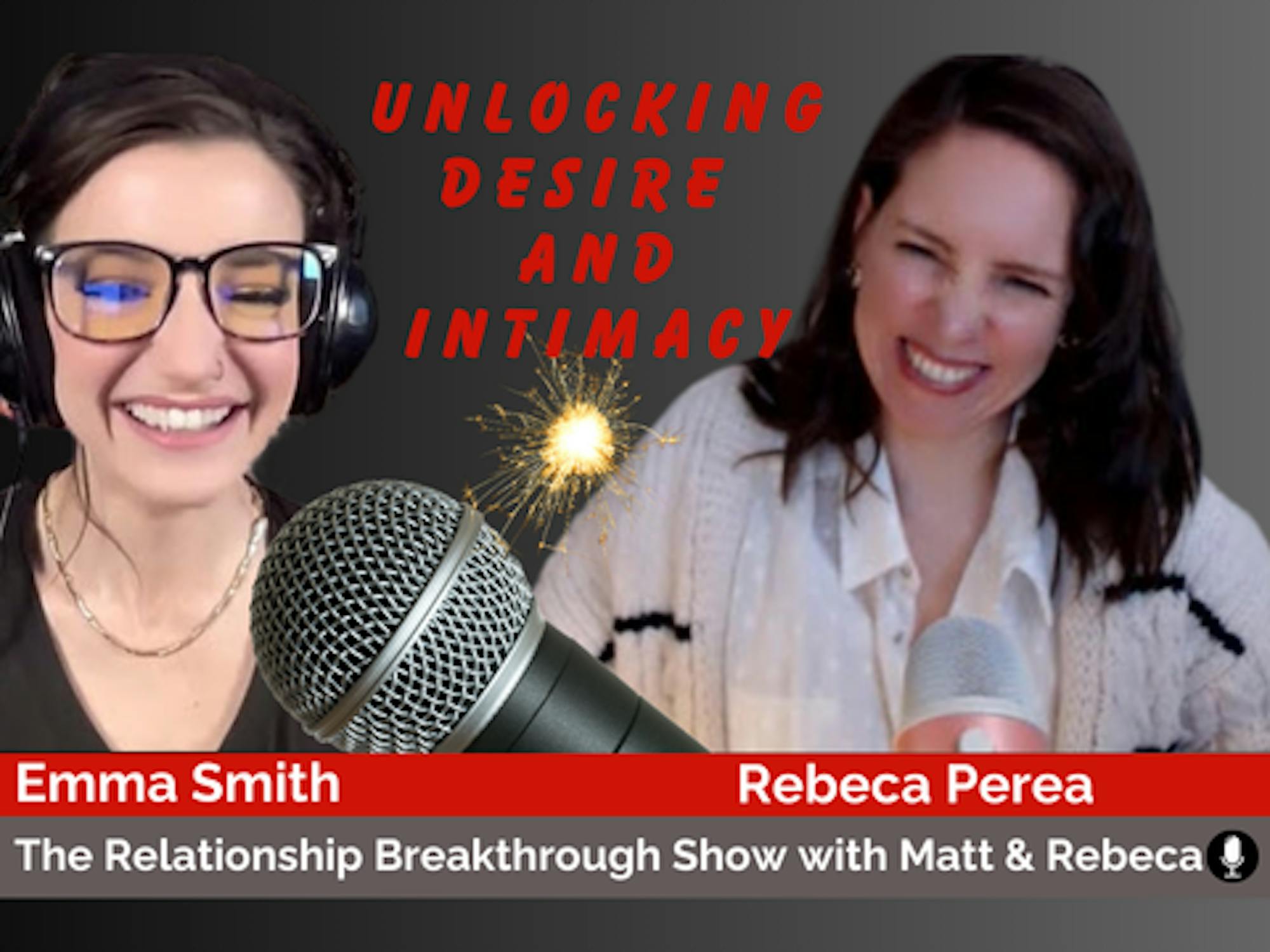
High-achieving individuals often wrestle with maintaining their independence while craving deep emotional connection. Emotional safety is the cornerstone of meaningful intimacy.
The Disconnect Between Mind and Body: Overcoming “Brain in a Jar Syndrome”
One of the most common challenges Dr. Smith encounters is what she calls “brain in a jar syndrome.” This describes the experience of living predominantly in one’s head-overthinking, analyzing, and strategizing-while becoming disconnected from bodily sensations and pleasure. This disembodiment can create a barrier to authentic intimacy and sexual fulfillment.
How to Reconnect: Dr. Smith emphasizes the importance of tuning into the body’s signals as a pathway to reclaiming desire. Techniques such as mindful self-touch, progressive muscle relaxation, visualization, and yoga can help anchor individuals in their bodies. By slowing down and cultivating awareness of physical sensations, people can begin to quiet the critical inner voice and rediscover embodied pleasure. These practices are often integrated into her relationship coaching and therapy sessions to support lasting change.
Healing Trauma to Reclaim Pleasure and Intimacy
Trauma-whether sexual, religious, or related to identity-can profoundly impact one’s ability to experience desire and maintain healthy relationships. Dr. Smith’s trauma-informed approach recognizes that healing is not just about addressing pain but also about restoring access to joy, connection, and sexual pleasure.
Key Considerations:
- Recognize that trauma may create internal “brakes” on desire and intimacy.
- Address negative self-talk and beliefs that frame desire as sinful or unsafe.
- Foster emotional safety within relationships to create a foundation for vulnerability and connection.
- Seek therapeutic support that integrates trauma healing with sex therapy and relationship therapy for holistic recovery.
Emotional Connection: The Foundation of Intimacy
Emotional safety is the cornerstone of meaningful intimacy. Dr. Smith highlights that criticism, defensiveness, and unresolved conflicts can erode trust and closeness in relationships. Even seemingly minor issues-like disagreements over household chores-often symbolize deeper emotional needs and can escalate if left unaddressed.
Strategies for Couples:
- Strive to be a “soft landing” for one another by practicing empathy and active listening.
- Communicate needs clearly and compassionately.
- Focus on positive intentions and efforts rather than perceived shortcomings.
- Cultivate rituals of connection that nurture emotional presence both inside and outside the bedroom. These strategies are central themes in Dr. Smith’s relationship coaching and therapy work, helping couples build stronger, more resilient bonds.
Balancing Independence and Emotional Intimacy
High-achieving individuals often wrestle with maintaining their independence while craving deep emotional connection. Dr. Smith encourages reframing the desire for a partner from a place of genuine “want” rather than “need,” allowing curiosity and excitement to flourish.
Tips for Balance:
- Honor your autonomy while remaining open to vulnerability.
- Use the unknown aspects of your partner and relationship to spark interest and growth.
- Trust your inner voice and make choices that align with your authentic self.
- Recognize and challenge cultural narratives that limit emotional expression, especially around masculinity. These insights are frequently explored in relationship coaching sessions to help clients find harmony between self and partnership.
Cultivating Presence and Mindfulness in Relationships
Being emotionally and physically present is essential for deepening intimacy. Dr. Smith notes that many people experience a disconnect during sexual or affectionate moments, feeling physically there but emotionally elsewhere.
Practices to Enhance Presence:
- Engage in mindful self-exploration and self-touch to become more comfortable in your body.
- Slow down during intimate encounters to savor sensations and connection.
- Create boundaries around work and distractions, such as keeping electronic devices out of the bedroom.
- Prioritize nurturing connection through everyday acts of care and consideration. These practices are often incorporated into both relationship therapy and coaching to foster deeper connection and presence.
Practical Tools to Enhance Desire and Connection
Dr. Smith offers several actionable techniques to help individuals and couples enhance desire and intimacy:
- Visualization: Imagine positive, pleasurable experiences to prime the body and mind.
- Progressive Muscle Relaxation: Release physical tension to create space for relaxation and arousal.
- Yoga and Mindful Movement: Foster a deeper mind-body connection and reduce stress.
- Open Communication: Share desires, boundaries, and feelings honestly and without judgment.
- Slowing Down: Resist rushing through intimacy; instead, savor each moment to build anticipation and connection.
These tools are foundational elements in Dr. Smith’s relationship coaching and therapy practices, empowering clients to cultivate sustainable intimacy.
Embracing a Fuller, More Joyful Experience of Intimacy
Dr. Emma Smith’s work reminds us that intimacy is not a destination but an ongoing journey of self-awareness, healing, and connection. By addressing trauma, cultivating emotional safety, and embracing embodied presence, individuals and couples can unlock deeper desire and more fulfilling relationships.
Whether you are navigating the complexities of trauma recovery, seeking to balance independence with closeness, or simply longing for greater pleasure and connection, these insights offer a roadmap toward aligning with love-inside and out. With the support of expert relationship therapy and coaching, this journey becomes not only possible but profoundly transformative.
This article invites you to embrace curiosity, compassion, and courage as you deepen your journey toward authentic intimacy and joy-with the guidance of skilled relationship therapy and coaching to support every step.
To learn more about Dr. Emma Smith’s work or to explore individual or relationship therapy and coaching, you can reach her at:
- Email: emma@soliloquie.co
- Instagram: @emmasmithphd
- Blog & Podcast: The Intimate Philosopher on Substack



